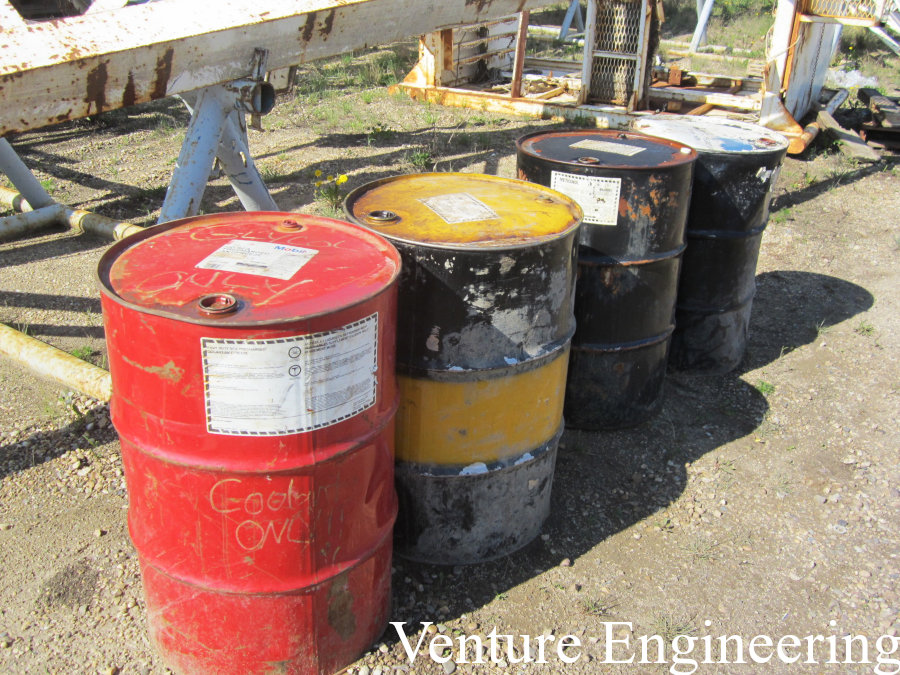How much does a Phase 2 ESA Cost?
The same level of diligence and consideration when choosing your Phase I ESA provider is recommended when choosing your Phase 2 ESA provider. Level of experience, professional judgement and trusted reputation can all help the overall scope to be efficient, effective and well-scoped so as to limit risk exposure while maximizing diligence.
There is no pre-determined price for a Phase 2 Environmental Site Assessment, as the work is based on the contaminant of concern, number of samples to be taken, lab time to process. However, in the last year, we have seen Phase 2 ESAs that have started at $5,000 to $7,500 and more, depending on the reason for completing the assessment.
Looking for an accurate quote for a Phase 2 ESA? Give us a call today at 780-484-1974.
Inputs that affect our pricing include:
- The Environmental Assessor: Our clients value the competence, experience and qualifications associated with Venture Engineering. Leading financial lenders typically accept environmental reports certified by qualified environmental consultants, and Venture Engineering is the provider of choice for many institutions. A low Phase 2 cost does not guarantee acceptance of the report; so be sure to validate credentials with your financial institution.
- Type of Lab Analyses Required: Within the Phase 2 ESA mandate, the particular type of REC to investigate can be broad or narrow and will determine the type of lab analyses and subsequent costs associated. For example:
- Soil Samples: Collected to characterize the
extent of contamination adhered to soil particles, the number of samples
collected, types of analyses and location of samples has a significant impact
on pricing.
- Depth and/or Installation of Monitoring Wells: Where groundwater contains possible contamination, drilling equipment is used to reach groundwater and the depth can be highly variable. For future monitoring, wells may need to be solidified at additional costs.
- Geophysical and Underground Storage Testing: Used to investigate the suspected presence of buried tanks, special equipment is set-up and passed over the ground to detect possible disturbances in the soil/reveal the presence of metal. If found, permits, previous test records, and inventory records may have to be reviewed for evidence of leaks or discharge. Costs and fees are directly correlated to the process to identify and investigate tanks.
- Drilling Method Required: For example, drilling through the sand is relatively easy when compared to drilling through rock. The type of drilling required determines the technology, machinery and time required to test.
- Site Accessibility: If the site is difficult to access, with or without structural or topographical challenges, terrain and location may both affect the time and ease with which to collect samples.
- Size of Site: If a large area must be assessed, a representative number of samples must be collected and analysed to reach a representative conclusion.
When engaging an environmental firm to conduct your Phase 2 ESA, consider experience, reputation, qualifications, methodology and reliability in addition to base cost; while validating the acceptance of the report with your financial lender.

A Phase 2 ESA may take significantly longer than a Phase I ESA
How Long Does a Phase 2 Environmental Take to Complete
Methodical, yet rigorous, a Phase 2 ESA may take significantly longer than a Phase I ESA due to the need to collect and submit samples to an approved and trusted laboratory.
There is no standard time to complete a Phase 2 Environmental Site Assessment, as the work is based on the contaminant of concern, number of samples to be taken, lab time to process. However, in the last year, we have seen Phase 2 ESAs that have ranged in completion time anywhere from 3 weeks to 4 months, depending on the reason for completing the assessment.
Looking for an accurate time to complete for a Phase 2 ESA? Give us a call today at 780-484-1974.